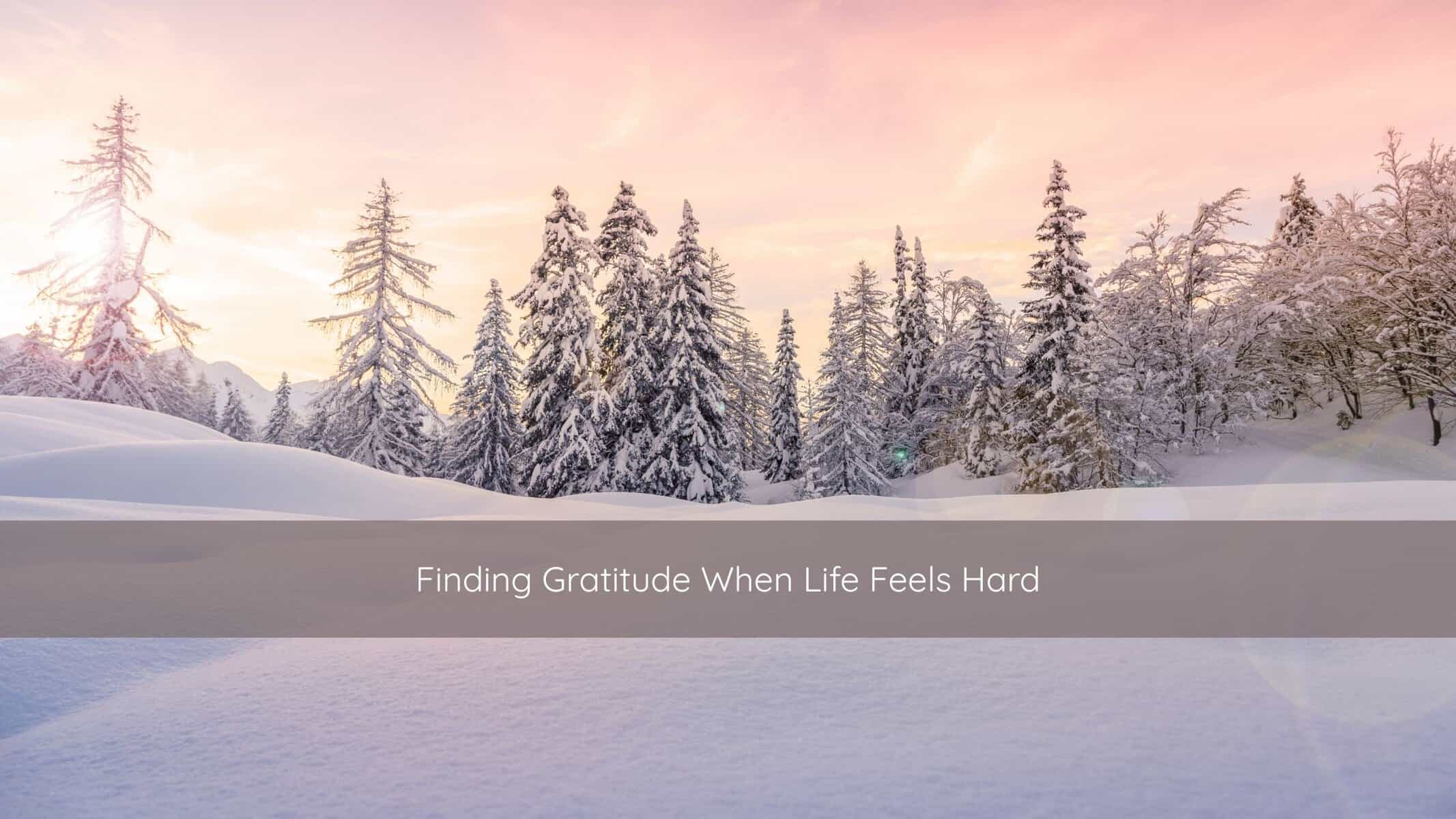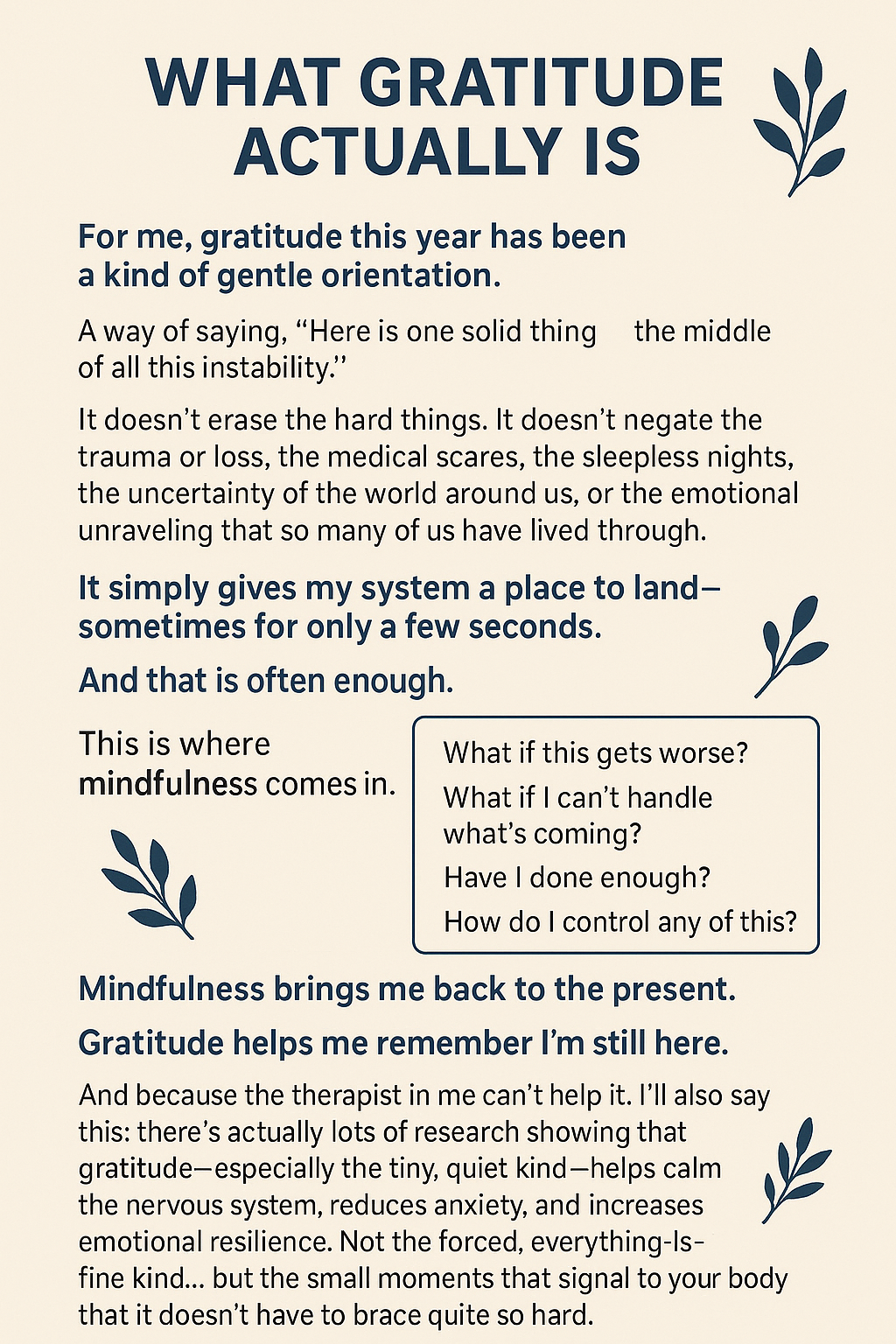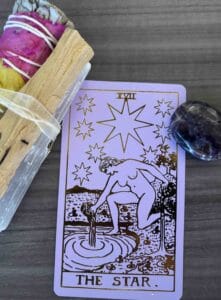
Finding Gratitude When Life Feels Hard: A Messy-but-Heartfelt Thanksgiving Reflection
As I sit down to write this, I can already feel the resistance. A part of me is rolling its eyes, saying, Really? Another Thanksgiving blog about gratitude? The internet is full of them, and the last thing I want is to add one more cliché reflection to the pile.
And yet… here I am, writing a blog about gratitude. Because another part of me knows that in the absolute cluster of a year this has been—dumpster fire, train wreck, whatever phrase fits—personally, collectively, astrologically, gratitude has genuinely helped me.
But only when I actually remember to do it.
And yes, sometimes it has felt fake, annoying, or like one more thing on the self‑improvement list. But even then, it has helped.
Not in a shiny, inspirational‑quote kind of way.
In a grounded, human, “I need something to help me get through this moment” kind of way.
This is not a blog about bypassing your pain.
It’s not about disowning what feels hard or pretending everything is fine.
It’s definitely not about beating yourself up for having a hard time and feeling like you’re somehow “not grateful enough.”
Instead, this is about the kind of gratitude that can coexist with grief, fear, exhaustion, uncertainty, or whatever else this year has put on your shoulders.
What Gratitude Is Not
Gratitude is not a pressure.
It’s not a moral obligation.
It’s not a way to talk yourself out of your emotions.
Gratitude isn’t:
- pretending things are okay when they’re not
- minimizing what you’ve been through
- forcing yourself into positivity when your nervous system is overwhelmed
- a checklist item meant to fix you
And it is not something you perform for anyone else.
What Gratitude Actually Is
For me, gratitude this year has been a kind of gentle orientation.
A way of saying, “Here is one solid thing in the middle of all this instability.”
It doesn’t erase the hard things. It doesn’t negate the trauma or loss, the medical scares, the sleepless nights, the uncertainty of the world around us, or the emotional unraveling that so many of us have lived through.
It simply gives my system a place to land—sometimes for only a few seconds.
And that is often enough.
This is where mindfulness comes in.
Because combining mindfulness with gratitude pulls me out of the spirals:
- What if this gets worse?
- What if I can’t handle what’s coming?
- Have I done enough?
- How do I control any of this?
Mindfulness brings me back to the present.
Gratitude helps me remember I’m still here.
And because the therapist in me can’t help it, I’ll also say this: there’s actually lots of research showing that gratitude—especially the tiny, quiet kind—helps calm the nervous system, reduces anxiety, and increases emotional resilience. Not the forced, everything-is-fine kind… but the small moments that signal to your body that it doesn’t have to brace quite so hard.

What Gratitude Has Looked Like for Me This Year
Some days, gratitude has been tiny and quiet.
Like noticing our pup being sweet and hilarious, seeing the northern lights on a random weekday, feeling grateful for this one tree I sit by…
Some days, gratitude has looked like acknowledging the biggest, simplest truth: we are breathing and alive.
That awareness steadies me every time. And it doesn’t erase the stress, the fear, the uncertainty, or the exhaustion of this past year. They simply coexist. Both can be true.
And then there are the micro‑moments—the soft glimmers:
 the soft light of a sunrise
the soft light of a sunrise- someone texting at exactly the right time
- pulling a tarot card that feels like a quiet sign that things will be okay exactly when I need it
- a breath that lands deeper than the last ten
- the part of me that still reaches for hope, even when I’m tired
It’s not glamorous gratitude.
It’s survival‑level gratitude.
A nervous‑system exhale.
Practices That Don’t Feel Like Gratitude Homework
If you’re someone who rolls their eyes at gratitude lists, I get it. So here are a few ways to practice gratitude that feel gentler, more honest, and less like a chore:
One‑Breath Gratitude
Ask: What helps me settle by even 1% right now?
That’s enough.
Micro‑Moments
Be grateful for something that lasts only a few seconds.
The brain remembers these sparks.
Parts‑Work Gratitude
Thank the part of you that worked the hardest to keep you going this year.
Shadow Gratitude
Acknowledge something hard that taught you something real.
This isn’t bypassing—it’s integration.
Connection Gratitude
Notice who walked with you through the toughest parts of this year.
Seen or unseen.
Physical or spiritual.
A Wish for This Season
If this year has been heavy, you’re not alone.
If you’re entering the holidays with grief, fear, exhaustion, or uncertainty, nothing is wrong with you. You are a person having a human experience.
My wish—for you and for me—is not that we feel wildly grateful or magically transformed.
It’s that we each find one small thing that brings us into the present. One moment of softness. One tiny breath of relief. One spark of connection or meaning.
Gratitude doesn’t need to be big.
It doesn’t need to be pretty.
Sometimes gratitude is simply:
“I made it through today.”
And this year, that might be more than enough.
Further Resources for Gentle Gratitude & Mindfulness
Here are a few supportive, research‑backed places to explore gratitude, nervous system regulation, and the science behind why these tiny practices help:
Greater Good Science Center (UC Berkeley) – Decades of accessible, research‑based articles and practices on gratitude, well‑being, and emotional resilience.
https://greatergood.berkeley.edu/topic/gratitude
Deb Dana – “Glimmers” (Polyvagal Theory)
A simple explanation of micro‑moments of safety and connection—the same moments that make gratitude feel possible.
https://www.rhythmofregulation.com/glimmers
Rick Hanson, PhD – “Taking in the Good” – A simple neuropsychology‑based method for absorbing small positive moments to build inner strength.
https://rickhanson.com/take-in-the-good/
Dr. Robert Emmons – One of the world’s leading scientific researchers on gratitude; his work focuses on how gratitude supports well‑being, resilience, and meaning. https://greatergood.berkeley.edu/author/Robert_Emmons
Tara Brach – “The Sacred Pause”
A short, grounding practice that helps you return to presence—perfect for one‑breath gratitude.
https://www.tarabrach.com/the-sacred-pause/
Support When You Need It
 If this season feels heavy, you don’t have to navigate it alone. The Catalyst Center is here with client-centered, compassionate support that meets you exactly where you are. Connect with us if you’re wanting a bit more grounding, a mindful pause, or support that meets you gently in the moments that feel hardest.
If this season feels heavy, you don’t have to navigate it alone. The Catalyst Center is here with client-centered, compassionate support that meets you exactly where you are. Connect with us if you’re wanting a bit more grounding, a mindful pause, or support that meets you gently in the moments that feel hardest.
Ready to get started?
We’re here to help you find clarity, balance, and lasting well-being.
Here are a few easy ways to reach out:
📞 Call 720-675-7123 and press “1” to speak with our intake team.
💬 Prefer online? Fill out the contact form to request an appointment or ask a question.

